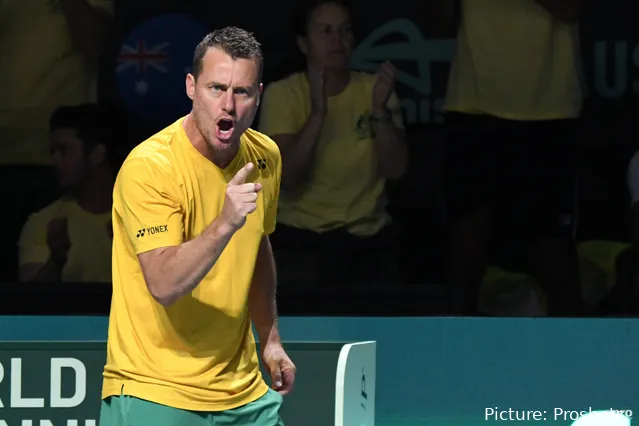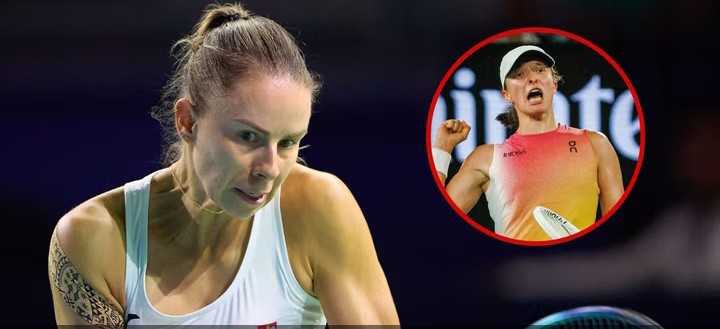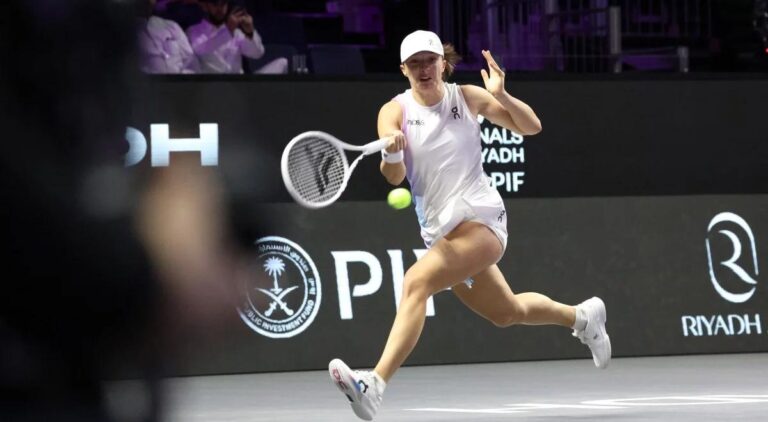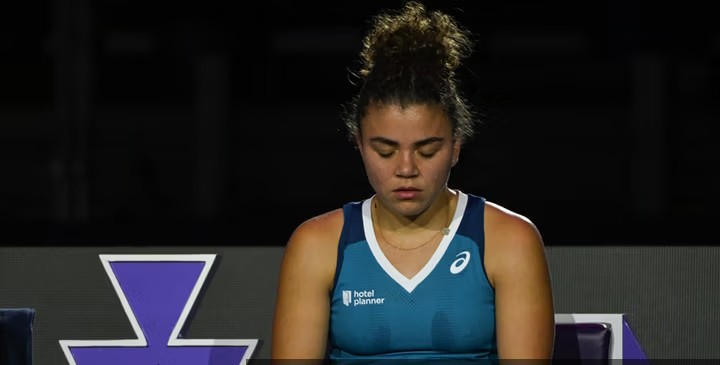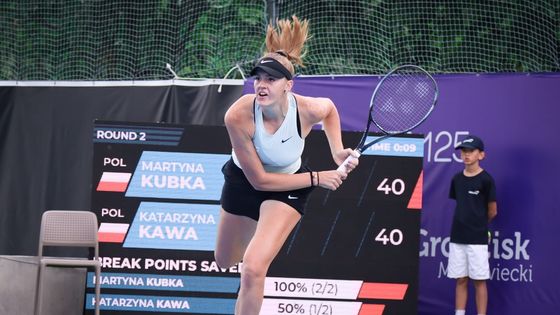“Lleyton Hewitt Blasts New Davis Cup Format: ‘That’s the Stupid Part, Isn’t It?’ – Tennis Legend Slams Changes!”
Lleyton Hewitt Criticizes New Davis Cup Format: “That’s the Stupid Part of This Format, Isn’t It?” Former world No. 1 and Australian tennis legend Lleyton Hewitt has never been one to shy away from voicing his opinion, and his recent comments on the revamped Davis Cup format are no exception. The 43-year-old, who has been…
Lleyton Hewitt Criticizes New Davis Cup Format: “That’s the Stupid Part of This Format, Isn’t It?”
Former world No. 1 and Australian tennis legend Lleyton Hewitt has never been one to shy away from voicing his opinion, and his recent comments on the revamped Davis Cup format are no exception. The 43-year-old, who has been deeply involved with the Australian Davis Cup team both as a player and captain, has expressed frustration with the tournament’s new layout, calling it “stupid” and implying that it undermines the spirit of the competition.
Hewitt’s criticism centers around the changes implemented in 2019, which significantly altered the traditional home-and-away ties that were a hallmark of the Davis Cup for over a century. Under the new format, the competition has been condensed into a week-long event held at a neutral venue, which many believe diminishes the significance of national pride and home-court advantage.
In a recent interview, Hewitt said: “That’s the stupid part of this format, isn’t it? You don’t know where you’re going to play. There are no real home-and-away ties. That’s what made Davis Cup special—countries playing on their own turf, with their own fans. Now it feels more like an exhibition.”
As both a player and captain, Hewitt experienced firsthand the electric atmosphere that Davis Cup ties generated. Playing for one’s country on home soil or in front of a hostile foreign crowd brought out the raw passion and intensity that made the Davis Cup so unique. Hewitt himself thrived in those situations, famously leading Australia to two Davis Cup victories in 1999 and 2003. His grit and determination embodied the tournament’s competitive edge.
The new format, however, has drawn criticism from many tennis purists and former players, including Hewitt. The move to centralize the competition was driven by the International Tennis Federation (ITF) and financial backers, aiming to modernize the Davis Cup and make it more appealing to a global audience. The overhaul also includes shortening matches to best-of-three sets, another point of contention for traditionalists.
For Hewitt, the loss of the home-and-away format is a blow to the integrity of the competition. “When we used to play, the crowds were part of the battle. You had to win not only against the opposing team but against the energy of the crowd. Now, without that, it just feels hollow.”
Australia’s journey in the new Davis Cup format has had its ups and downs. While the team still commands respect on the global stage, Hewitt believes the current structure is failing to capture the magic of the tournament’s glory days. Many current players, though not as vocal, share his sentiments.
As the ITF continues to push forward with the changes, it’s clear that the debate over the Davis Cup’s future is far from over. Tennis fans and players alike are left wondering whether the tournament will ever recapture the electric energy that defined it for over a century.
